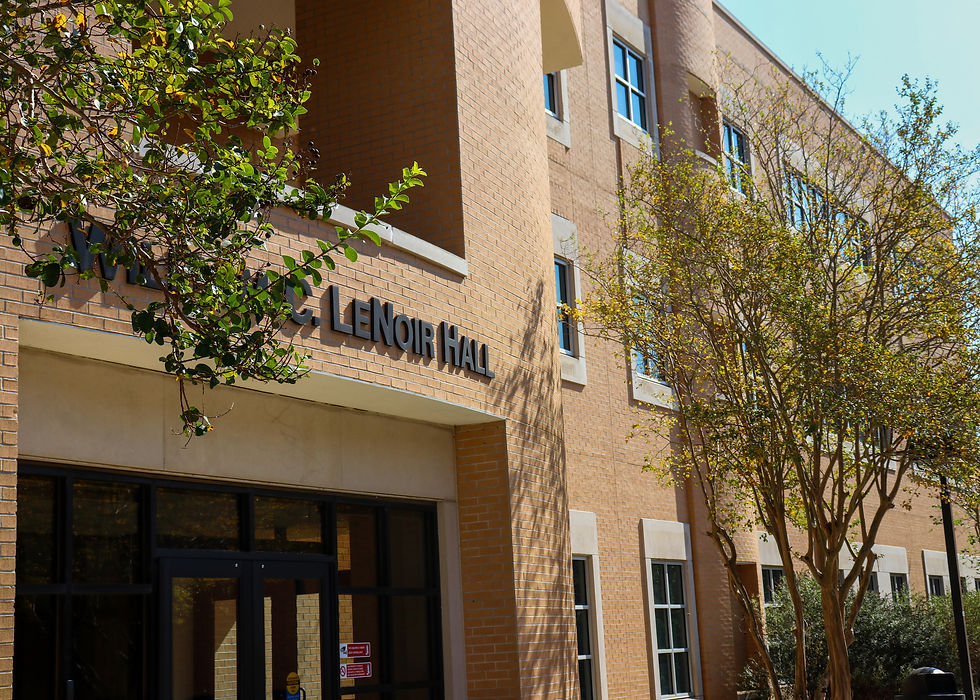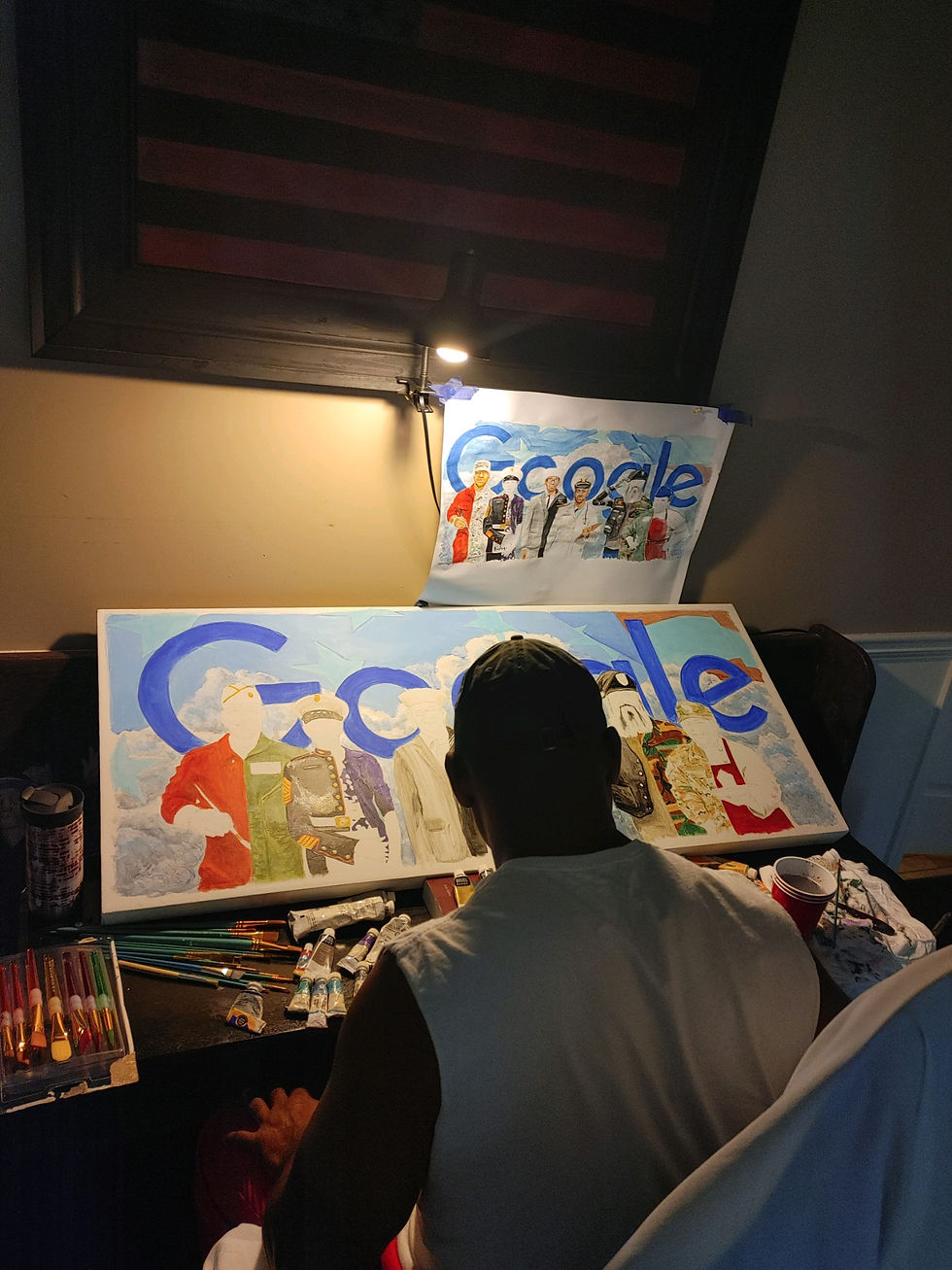Nationally Recognized Auburn Wheelchair Basketball Team is a “family”
- Grace Reynolds
- Nov 18, 2019
- 3 min read

When the Beard-Eaves Memorial Coliseum opened in 1969, the scene was much livelier than it is today. The coliseum bustled with practices and games from the men’s and women’s basketball teams, women’s gymnastics and the former men’s wrestling team.
Now, the arena and the court floor are mostly quiet. Signs announcing the court is closed and violators will be asked to leave flank the entrances to the creaking, wooden floor. The space is used for an occasional guest speaker or campus event but is otherwise desolate.
At 5 a.m. each morning, however, wheelchairs roll past the do not enter signs and onto the court. The security guard does not give them a second glance. Some of the Auburn wheelchair basketball team’s athletes take off one of their wheels to slip through the narrow doors, installed before the 1990 Americans with Disabilities Act regulated things like the widths of doors be more accommodating.
Other players simply walk in and find a chair. Even so early in the morning, the student-athletes are wide awake and are busy stretching out.
The program began as a wheelchair tennis team but morphed into basketball once more players joined. Today, the team has 10 players and competes in tournaments from October to March each year. Auburn is one of ten universities across the country to have a collegiate wheelchair basketball team.
The team’s head coach, Robb Taylor, has worked with the program since 2016. He’s turned an almost side project of the Office of Accessibility and the School of Kinesiology into a true team that earns top recruits each season. Top recruits come to play for Taylor because of his experience on the national stage. He has coached professional wheelchair basketball teams and is an assistant coach for the gold medal-winning U.S. Paralympics team.
One of those top recruits is freshman 18-year-old Luke Robinson. Auburn recruited the Seattle native to play for the team after his stand-out performance back home. Robinson played for the Seattle Jr. Sonics, a non-profit program run by volunteers. He’s brand new to the Auburn team, having only practiced with them for the past month. His interactions with his teammates could have fooled anyone that he has been a part of this “family,” as Taylor calls it, for much longer.
“I can go to anyone and talk to anyone and that’s a really big part of why I wanted to come here and why I think this program stands out,” he said. “Even though we’re going to get out on the court and yell at each other, scream in each other’s faces, once we get off the court, we’re really like a family.”
“It really is a family, like your brothers and sisters. That’s something we really pride ourselves on, being able to push each other and then being best friends off the court,” sophomore Zach Dickey said.
The family atmosphere is not the only thing that makes the team desirable. It is also a team of excellence with Taylor having experience coaching Paralympic men’s and women’s national teams.
“That’s kind of a draw for players, so we’re starting to get those kinds of recruits,” Dickey said. Many of the team’s players have aspirations of one day being on those Paralympic teams.
The team also has a relationship with the men’s and women’s varsity teams. “We’re starting to build that relationship,” Taylor said. “Bruce [Pearl, the men’s team head coach] has been great about working with us.”
Still, it’s an uphill battle. Things like the coliseum not having automatic doors and the facilities not being up to par hold the team back. As they are not a varsity sport, funding for the team comes from donations and the Office of Accessibility. A crowdfunded project a couple of years ago gave the team new equipment for their weight room and one last year purchased rehabilitation equipment to treat injuries.
When players do run into difficulties in the coliseum, or around campus, Dickey said they’re resourceful. “Luckily we’re all able bodied enough to be able to figure that stuff out,” he said.
The team is Auburn’s only accessible team right now. But, Taylor hopes it won’t be that way for long. He said players are hoping to add a wheelchair tennis team, power soccer team and sit skiing. For now, they’re focused on the season ahead.




Comments